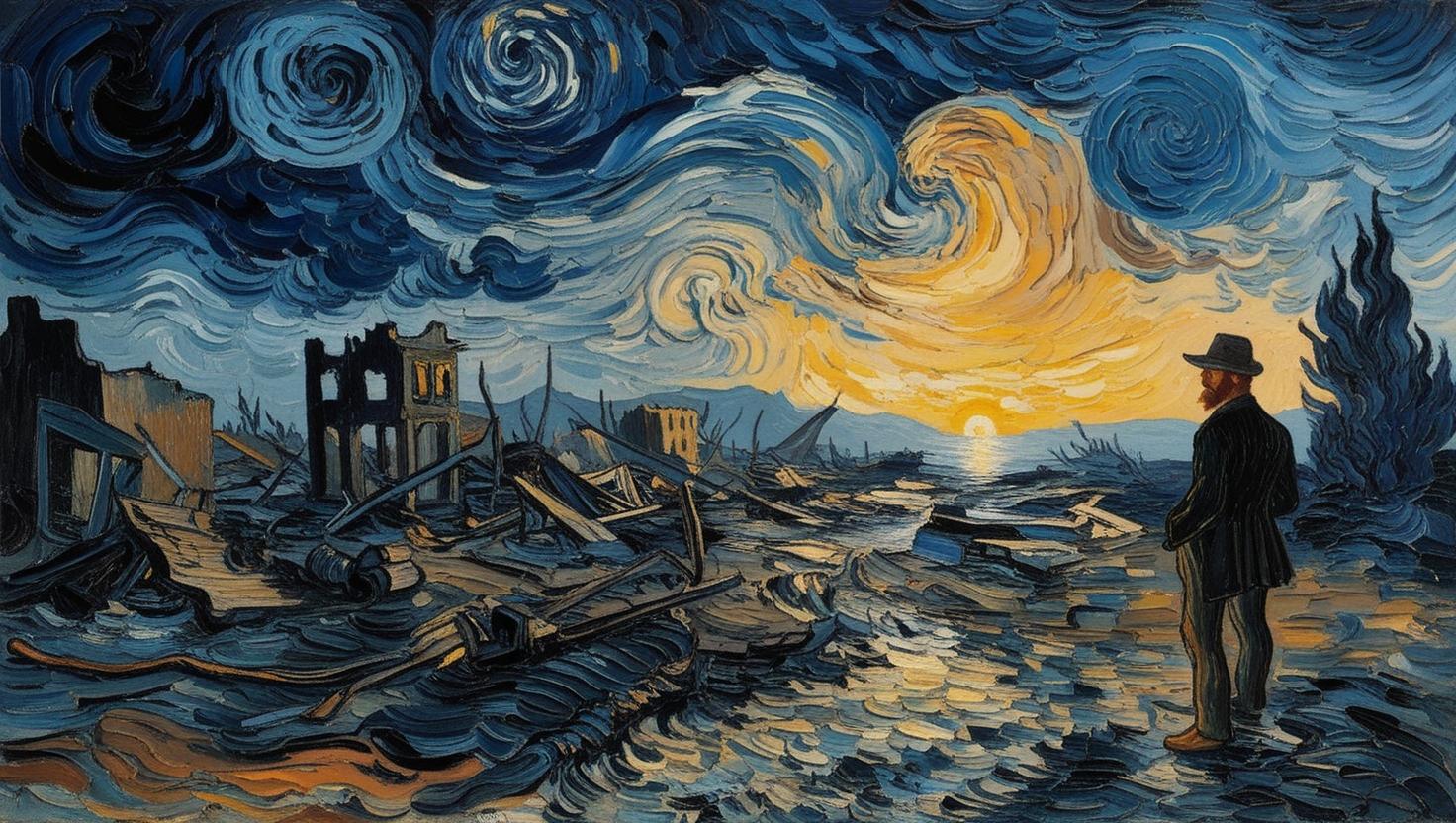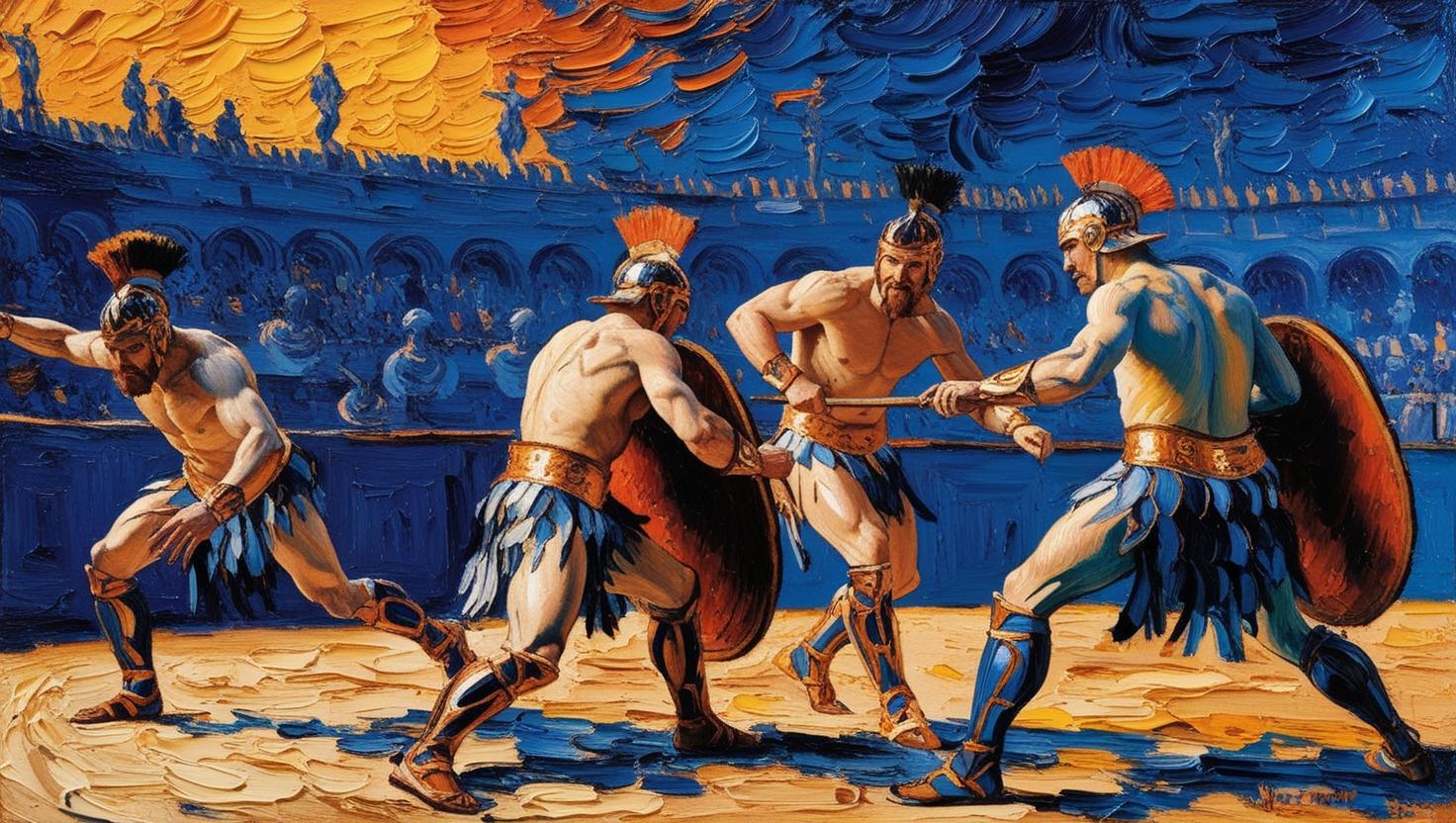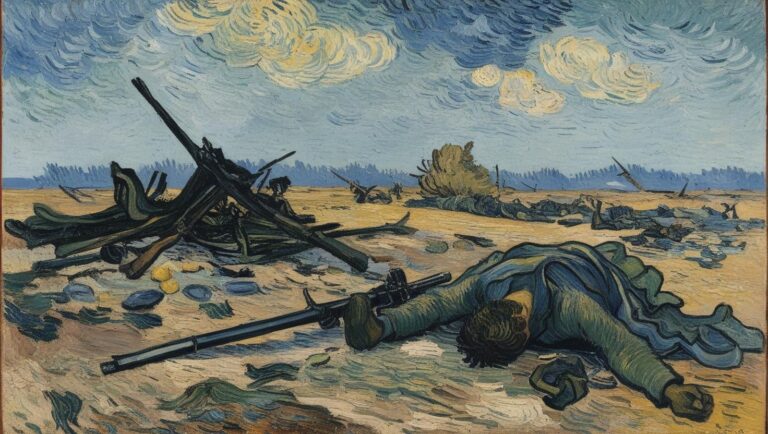The Web, in which I include not only the Internet, but all forms of popular media, including movies, music, the vast majority of the content on YouTube and TV, is created predominantly by the fear-based consciousness in mind. Not all content is thus created, but the vast majority is. This website, I would hope, would be an exception. In addition, there is a deliberate agenda with such content creators, which is to instill into its viewers a fear-based framework of the world; that the world is essentially a violent, cruel, threatening place to defend yourself against – a “dog-eat-dog world.” We are, as a result, destined and resigned to suffering. If some of us were to simply stand back and examine why we are suffering, which very, very few have done, then it may be possible to identify this fear-based paradigm and then simply discard it.
It is not only that we are consuming the content, but that we are doing so without intentionality, without critically thinking about whether it truly serves the world in an overall sense. Does the constant consumption of fear, anger, resentment, judgment, guilt, shame, and other such negative emotions, make us feel better about ourselves and are they good for the world in general? We are normalizing the struggle that has become associated with life itself and are re-enforcing our current fear-based paradigm. To recognize that this content is actually lowering our quality of life is the crucial first step that we as a society must make, and a major key to making better decisions going forward.

The human race, as far back as the historical record shows, has been at war with itself – always “us” versus “them”. In all its stories the tacit acceptance of the consciousness of war, the desire to defend against an epically evil force and to defeat it. As a amateur reader of our histories, I (regrettably) venerated the so-called exploits of Alexander the Great — the countless thousands and perhaps millions of lives that were were interfered with, dehumanized and destroyed, just because they had the misfortune of being counted as “the other” — I now more rightly see as Alexander the Confused, someone who might today be clinically diagnosed with the psychopathic personality disorder. Like the Islamist terrorists of today, many of these psychopaths believed that violence was a justified means to an end.
The reason for going into our past with regard to this topic is to connect our warring past and to connect it with the consciousness that is perpetuated today in the content that we consume. The human race, so far, has not learned the obvious lessons of the past, that no amount of violence will lead to a peaceful solution, and has continued to engage in the same war-like consciousness as before, but thankfully to a much lower degree. We have simply created different enemies. Although not involved directly in the act of killing and subjugating populations, we want to kill, to dominate, to subjugate psychologically. We will see this today particularly in the sports arena with ever-confused figures like Michael Jordan, Tom Brady, and Floyd Mayweather, who are idolized and venerated for destroying “the other”. These same individuals who I once adored and emulated, I now see can have no hope of living a happy life because they are obsessed with the vain pursuit of competition and winning. Pity, therefore, and not adoration is the natural evolution.

In my view, the fact that we, as a society, admire these figures as vestiges of achievement is an indication of our own collective sickness. Let me illustrate with a very simple example. In Ancient Rome, gladiators fought to the death in the Coliseum. Thousands cheered and roared with applause. One gladiator violently kills another and is adored for it. Back then, the killing happened on the same day; today, the killing happens, but only slowly over time. Every Sunday, millions of Americans watch around hundreds of men kill their brains slowly. We cheer and roar and are entertained by such pointless violence. How then, I ask, are the two examples different, except in degree?
Confused souls like Alexander falsely believed that if they defeated “the other”, then there would be lasting peace. So, by eliminating the threat of “the other”, the impediment is, literally, removed and peace is attained. Persons with common sense, can perceive that peace on Earth has not been achieved as a lasting state. What has been achieved is the constant state of war. And war does not, and will not ever, lead to peace, but only to more war. And this same consciousness of war, that is born from a state of fear, constant judgment, and inevitable violence, is what we are consuming every single day, be it from movies and TV shows on Netflix, to violent American football games on Sunday, or to the pervasive and shallow societal judgments and comparisons on social media.
In virtually every movie or TV show or sporting event or violent video game out on the Web, there is the story of an epic struggle against an external foe, “the good guy versus the bad guy” – in virtually every arena, we see the same paradigm reflected over and over again. This paradigm, these stories, this drama, is what we must carefully look at. I am asking you to pause and consider whether the conflict-fueled, violent world we are living in today is not just the subconscious affirmation we are constantly telling ourselves. And if we want the world to be less a violent place for all of its inhabitants, shouldn’t we consider changing the stories we are telling ourselves? Wouldn’t the world change as a result? I encourage you to dive deeper into this topic. By changing what we consume, by leaving the vast majority of the fear-based Web behind, we can change the world around us!
